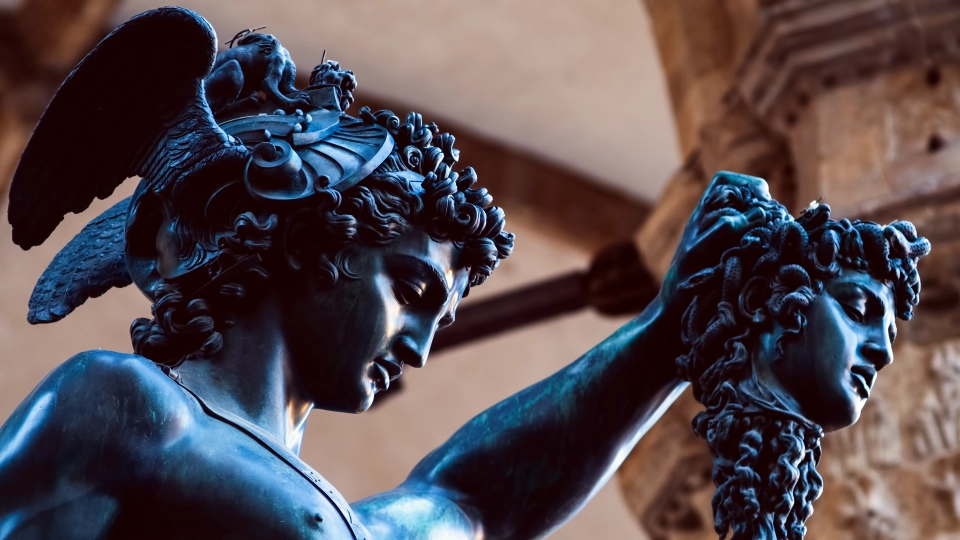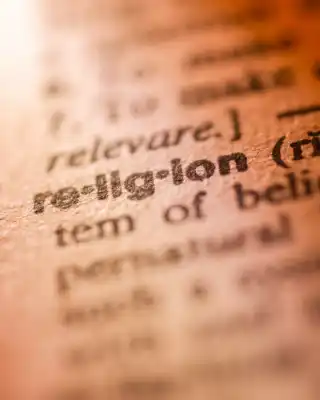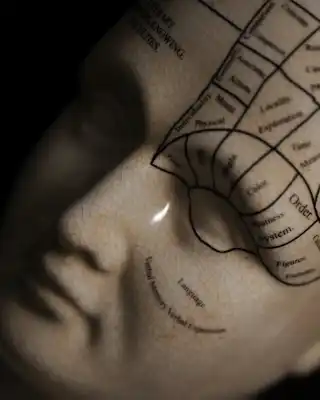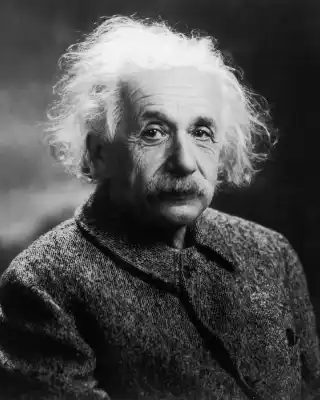Loading
What Medusa Shows Us About Our Fears

The stories of Oedipus and Michael Corleone from 'The Godfather' contain parallels in the protagonist's attempts to avoid a prophesied or envisioned fate, only to inadvertently fulfil it. However, their denials lead them to become enmeshed in the very outcomes they sought to avoid, suggesting a deep psychical conflict and a tendency for the denied aspects of oneself to shape one's life. As such, we can see such stories as demonstrating the importance of confronting and acknowledging undesirable aspects of oneself to prevent them from influencing our life in unexpected ways.
The term 'religion' finds its roots in 'religate,' meaning to bind together, depicting it as a framework explaining the connection between humanity and divinity. This connection relies on the existence of a soul, the essential, immaterial part that endures beyond the body's death. Without a transcendent foundation, religion loses its deeper meaning, reduced to one of many considerations in earthly life. The idea of a greater order, beyond human comprehension, parallels how science envisions a pre-universe existence without space, time, or matter. Religion, then, is seen not as a destination but a pathway to a greater truth, bridging the gap between humans and the transcendent. Arguments against religion often challenge its fundamental premise, positing a purely materialistic explanation for existence. While some critique religion based on its followers' actions, the essence of the truth it seeks to convey remains distinct from its flawed human representations.
Careful reflection may illuminate the inherent challenge of understanding the true reality of others, highlighting the limitations of relying solely on observable behaviours to infer internal states. Drawing upon René Descartes' philosophical distinction between mind and body works underscores the impossibility of directly observing the thoughts and emotions of others. In religious contexts, where external practices may not necessarily indicate deep spiritual connection, this suggests that mysticism offers a path beyond behavioural aspects of religion.
Albert Einstein's writings reveal a nuanced perspective on religion, distinguishing between various stages of religious thinking. For Einstein, religion goes beyond an acknowledgement of human limitations; it is a devotion to something greater than the self. He views great moral teachers as artistic geniuses in the art of living, suggesting that religiosity is not just a stated belief but an inseparable part of how one perceives and lives life. Religion, according to Einstein, is meant to be lived and demonstrated rather than merely professed as an idea.




